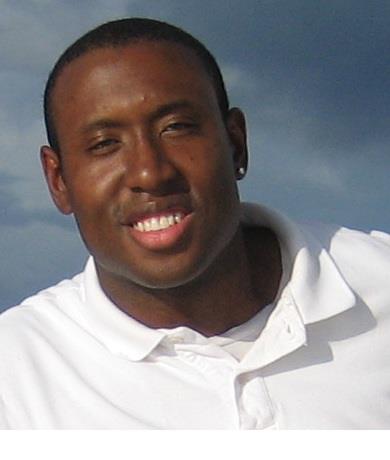
Earlier this month, Assistant Professor Quayshawn Spencer sat down with the APA to talk about his research and philosophical interests. When asked what he is most proud of in his professional life, this was his response:
Since I equally value all three aspects of my job as a professor (research, teaching, and service), I can’t just give one answer to this question. So, I’ll give three. With respect to research, I’m most proud of developing “genuine kind theory”. It’s an account of what constitutes a real scientific kind without talking about anything found in traditional natural kind theories, such as mind-independence. It’s a pretty useful theory for those who want to talk about scientifically real kinds without getting tied up in the scientific realism debate. This work first came out in Philosophical Studies in 2012, but I’ve recently restated the theory in Catherine Kendig’s 2016 book Natural Kinds and Classification in Scientific Practice.
With respect to teaching, my proudest moment came just recently. I just found out that one of my former students from a course I taught this past spring just got his midterm paper accepted for publication in Philosophy of Science. I’ll take that over high student evaluations any day.
As for service, my proudest moment came when I helped put together The Society of Young Black Philosophers in 2010, which is a group designed to connect Black philosophy students and junior faculty for the purposes of helping the former gain tenure-track jobs and the latter gain tenure. The idea for the group came from Luvell Anderson and Avery Archer, but I was lucky enough to be involved with the realization of their idea into a professional organization. Lots of good things have come out of that group. We’ve helped our members get into PhD programs, postdocs, tenure track jobs, and APA awards. Also, together with the APA Committee on the Status of Black Philosophers, we’ve completed the only worldwide demographic study of U.S. Blacks in philosophy. The results are in Critical Philosophy of Race and the lead author is Tina Botts.
You can read the full interview here.

 Department of Philosophy
Department of Philosophy